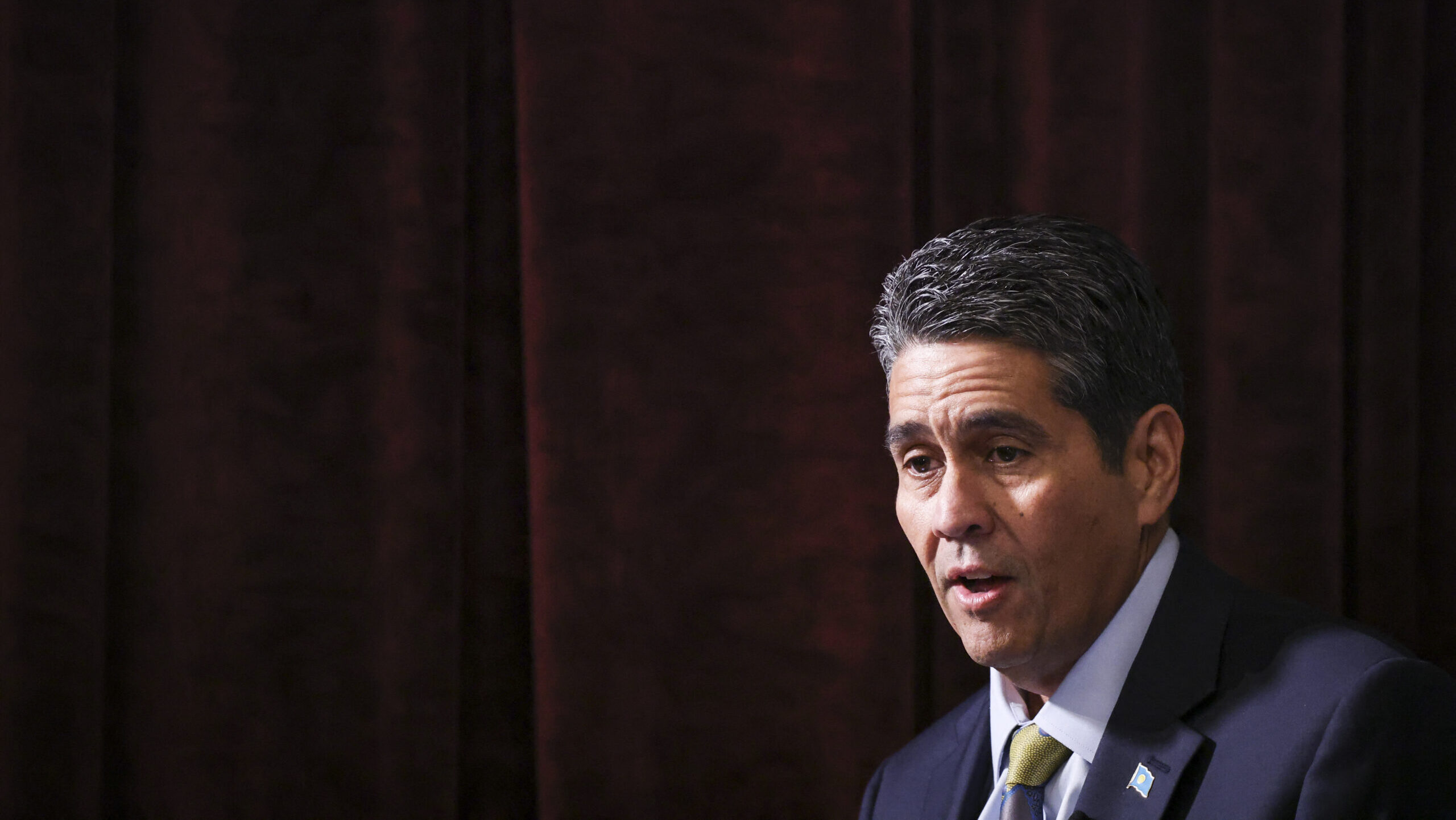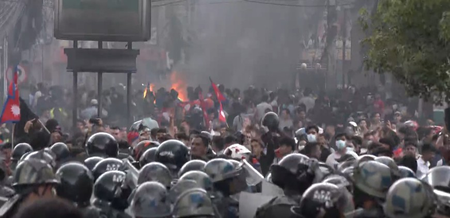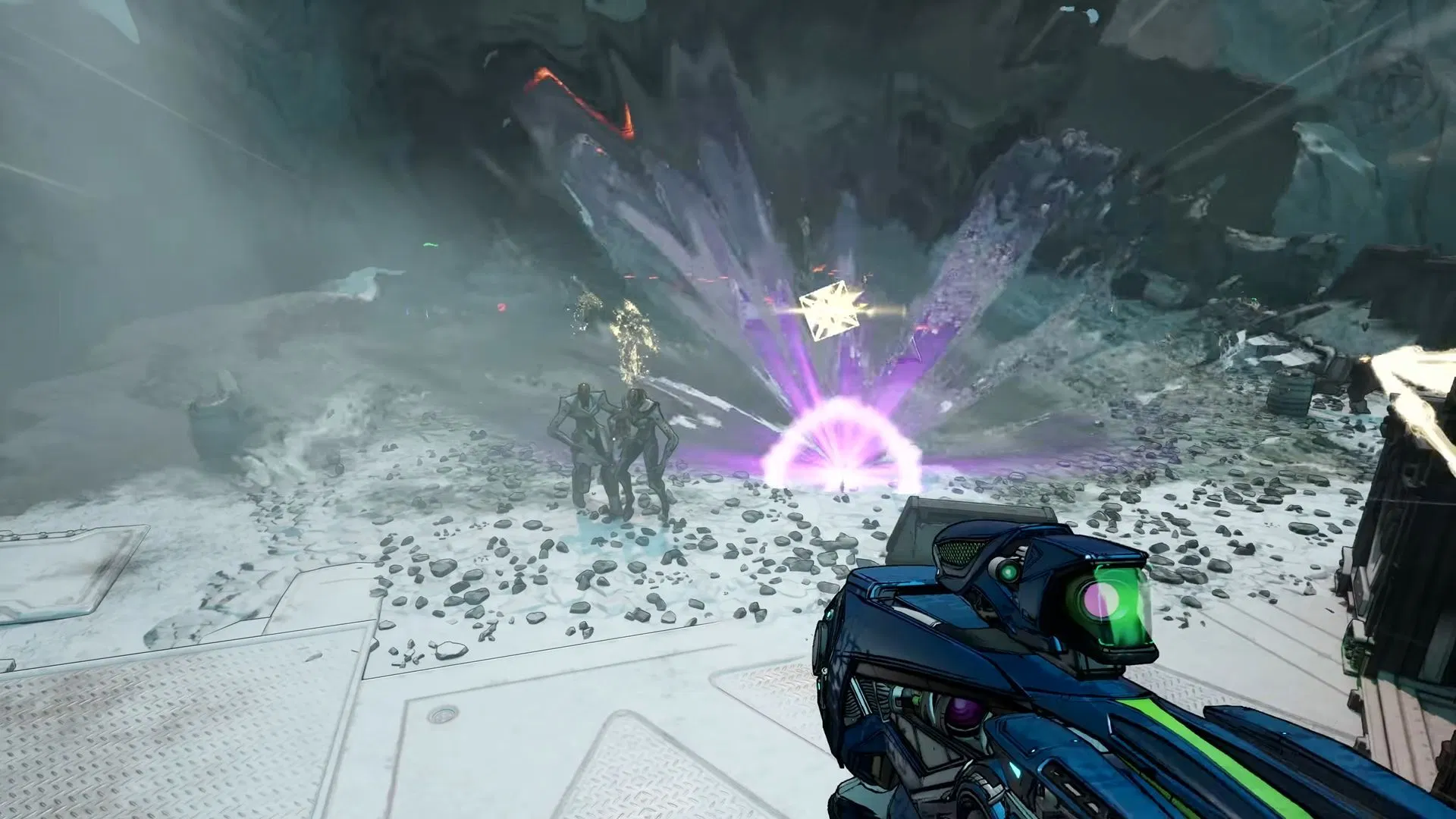
SYDNEY — The president of Palau, the tiny Pacific Islands state that is a key section of the Second Island Chain, raised eyebrows last week with the comment that his island is “already at war with China“and under “constant threat” from Beijing — with analysts saying Washington would be wise to seize on his comments and offer aid.
Speaking in Hawaii before the beginning of the Pacific Island Forum, President Surangel Whipps Jr. added that “the best way to combat this is through partnership with like-minded nations who believe peace comes through strength and presence is deterrence.”
It’s a notable statement at a time when China is making inroads with other Pacific Island leaders, including in the Solomon Islands, host of this year’s Pacific Island Forum. Beijing successfully leaned on the Solomons to exclude Taiwan, as well as the US and Japan, from this year’s meeting. However, Palau — one of the three Pacific Islands to still have relations with Taiwan — is next year’s host, and the PIF members declared before the end of the conference that Taiwan and the other development partners should be included at the next annual meeting.
Mihai Sora, a regional analyst with the Lowy Institute here, noted Palau has been “on the front line of China’s coercive tactics in the Pacific for years now. President Whipps has outlined on numerous occasions how China has pressured him individually as a Pacific leader to switch Palau’s recognition away from Taiwan.”
China, he said, “has weaponized Palau’s dependence on Chinese tourists – a dependence specifically manufactured by China itself – to put economic pressure on the country. Chinese-linked transnational criminal syndicates are increasingly active in Palau. Chinese developers are buying land next to US sites of strategic value. The list goes on,” he said in an email to Breaking Defense.
“It’s not surprising that President Whipps is visibly frustrated by the Chinese government, and that he has quite rationally come to the conclusion that a greater US military presence in Palau is critical to Palau’s own national security.”
Bethany Allen, head of the Australian Strategic Policy Institute’s Chinese analysis noted this White House “has floated a travel ban on Tonga, Vanuatu and Tuvalu, and is considering closing consulates in the region. These moves undermine trust in the region just as China is presenting greater challenges than ever before.”
“Now is the time for Australia, the US and other like-minded countries to respond to Palau’s call for closer engagement and show that they are reliable partners who will respect the needs of Pacific Island states,” she added.
To reinforce the islands’ ability to resist China, Allen said, “The Trump administration should return to the policies of the president’s first term, when the White House National Security Council positioned its first-ever Pacific Islands’ envoy to better represent the US and respond to the needs of partners in the region.”
Australia, PNG To Sign Treaty
In another sign of what could be a stiffening of the Pacific Islands willingness to resist the importuning of the Chinese, Papua New Guinea and Australia plan to sign a defense treaty during this week’s celebration of the island’s 50 years of independence from its former colonial ruler.
Papua New Guinea is rapidly becoming Australia’s closest security partner in the Pacific Islands region, aside from New Zealand. The new treaty “appears to have some groundbreaking provisions with respect to mutual security obligations, and a new level of defense force integration between Australia and PNG,” Sora wrote, adding that “without question the treaty marks a new chapter for Papua New Guinea’s foreign and defense policy.”
PNG, as the country is often called, has agreed to “totally integrated forces” with Australia, PNG’s Defence Minister Billy Joseph told the Australian Broadcasting Corporation on Sunday.
Allen agreed the treaty is a hopeful sign, but she balanced that against the fact that Vanuatu declined to sign a $500 AUD million ($300 million USD) agreement with Australia last week that was designed to help cement their strategic relationship.
Australian Prime Minister Anthony Albanese went to Vanuatu for the signing and, reports said, Chinese interference led to the failure to secure the agreement. China has supplied large amounts of infrastructure funding to Vanuatu in the past. But Albanese has said he believes Vanuatu will sign.
Sora, agreed, writing that he believes negotiations will continue, noting that “Vanuatu’s last-minute wobble on signing the Nakamal agreement with Australia is par for the course. Vanuatu’s security partnerships have always been highly contentious within that country’s dynamic political system. But the security imperatives for Vanuatu are still there – the country needs more support from trusted partners – and the strategic imperative for Australia to shore up a stable regional balance of power is still there.”



